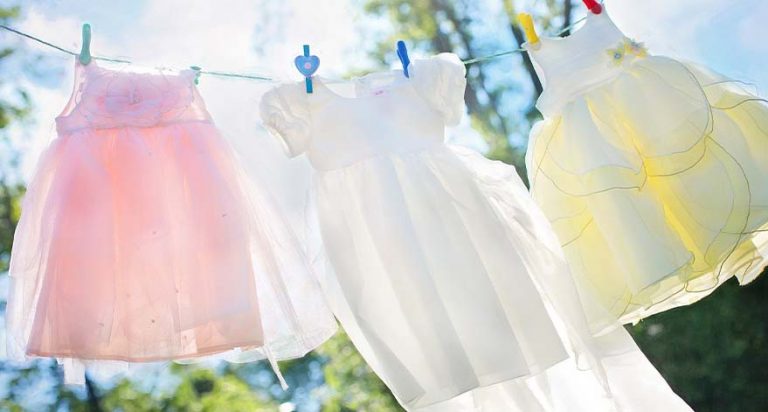Upholstered vs. Leather: How to Clean Both Types of Couches
How to Clean a Used Couch
You have recently purchased that used couch you have been looking for, and now it is here. You are thrilled that you found such a nice piece of furniture at such a great price. Before you start unpacking your new couch, check out our tips for how to clean a used couch. Cleaning a used sofa can be a daunting task. But it is not that difficult.
Clear All Items
If you are cleaning a used couch, you will need to remove all of the cushions, pillows, and throw rugs from the couch, and clean underneath them. This is because some couches have a fabric that keeps dirt in and others have leather or other materials that can soak up more dirt.
You can use a vacuum cleaner to remove any loose debris from the floor, but use caution when doing so. The couch may have a wood frame underneath the cushions that could get damaged if you pull too hard on them. You should also be careful not to damage any of the springs on the couch.
Wash the Cushions
Place a sheet of newspaper on the floor in front before you start to clean the used couch. Then, cover it with a clean sheet. Use an old toothbrush and some mild dish soap or liquid detergent to scrub each cushion thoroughly using circular motions to remove stains and odors.
You should take care not to scrub too hard, as this could damage your fabric. Also, when you clean the fabric covering the couch, follow these directions and guidelines on how to clean and sanitize a used couch, so you avoid damaging the fabric.
- Dry the cushions thoroughly with a soft cloth or towel before you begin to clean them
- If any mold or mildew stains have built up, use some mild bleach solution on these areas.
- Remove excess cat hair from the cushions with an upholstery attachment, especially if your cat has an aversion to being groomed.
- Remove all area rugs from underneath your couch because they can damage your new couch if they get caught between both pieces of furniture.
Rinse and Dry
Rinse the cushions thoroughly in warm water. Once all of the cushions have been cleaned and scrubbed down, use an old rag to wipe down any remaining dirt on your flooring surface underneath each cushion. Or you can blot it dry with a towel or roll it up in a newspaper. Alternatively, vacuum the couch and clean the surrounding surfaces.
Dry the cushions thoroughly with a soft cloth or towel before you begin to clean them. Use some mild bleach solution on small areas of stubborn stains for best results. Make sure you allow the seat cushions to air dry completely before placing them back on your couch.
Types of Couches
All types of couches can be cleaned, but each requires a different method of cleaning. For example, fabric and vinyl couches should be cleaned with a cleaning product designed specifically for them. Leather couches are best cleaned with a conditioner or shampoo. However, the best way is to use a professional cleaning solution.
Cleaning an Upholstered Couch
Vinegar is the best way to clean a used upholstered couch. It has an acid pH that can break down dirt on fibers like velour, corduroy, microfiber, or suede. The acidity also helps remove stains from spills and keeps smells at bay by breaking down any chemical compounds built up over time on fabric surfaces.
Cleaning a Leather Couch
The cleaning of leather furniture is dependent on the type of leather and your need. Any type of leather can be cleaned with a variety of cleaning products, but you should use the correct product for the job. You may have an old stain that has been left to sit for too long. If so, it is time to consider using a professional cleaning product. Whichever leather cleaner you use on your couch, make sure it is safe for use on the type of leather you have.
If you do not have access to professional cleaners or if you want to clean your own couch, follow these steps:
- Remove all objects from the surface of the couch that could scratch it or damage its finish. This includes any throw pillows and other decorative items that may get caught in between spaces in the upholstery if they are not removed first.
- Spray cleaner onto a cloth and wipe down the entire surface of the couch using circular motions until all areas are clean. Make sure not to get any liquid into any crevices or tight spaces where dirt may accumulate over time.
- Leather is porous, so if you notice areas of grime that refuse to come off after using an all-purpose cleaner, try an enzymatic cleaner instead. Enzymes work by breaking down organic material so they can be absorbed into the pores of your couch.
- Allow the area to dry completely before applying another coat of cleaner.
Conclusion
The steps given here on how to clean a used couch can eliminate all types of dirt, stain, and debris left behind by the previous owners. They are also essential guidelines that can be used to clean a worn and dusty but usable couch that has been in your family for years. Nevertheless, cleaning and reusing it is a better solution than deciding to get rid of it.

